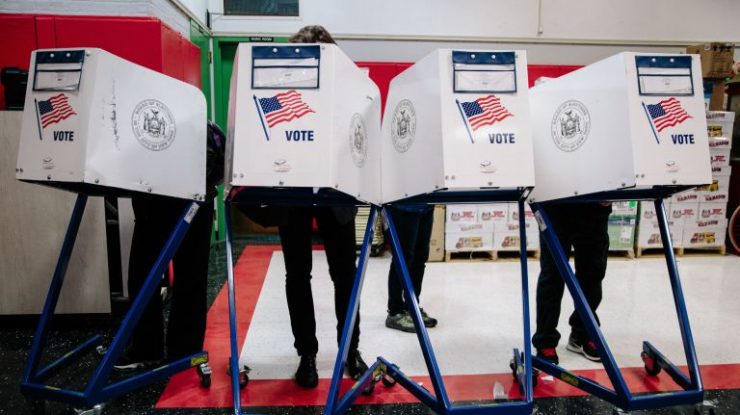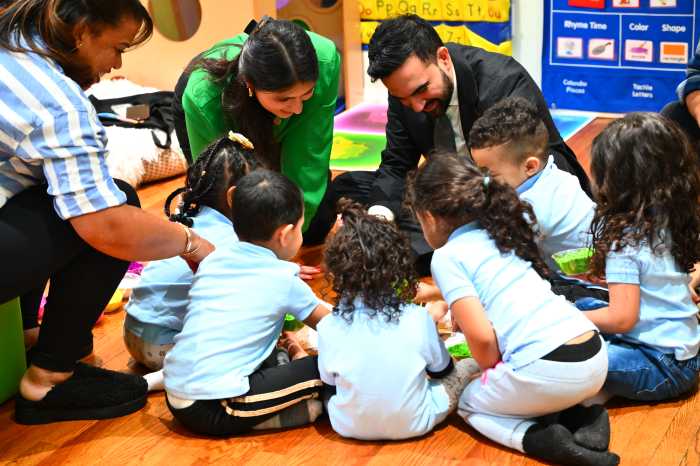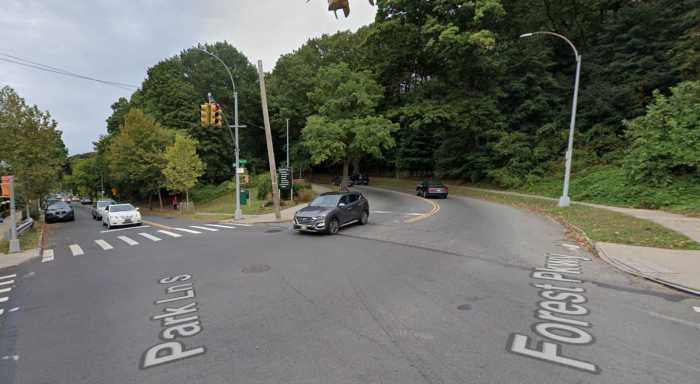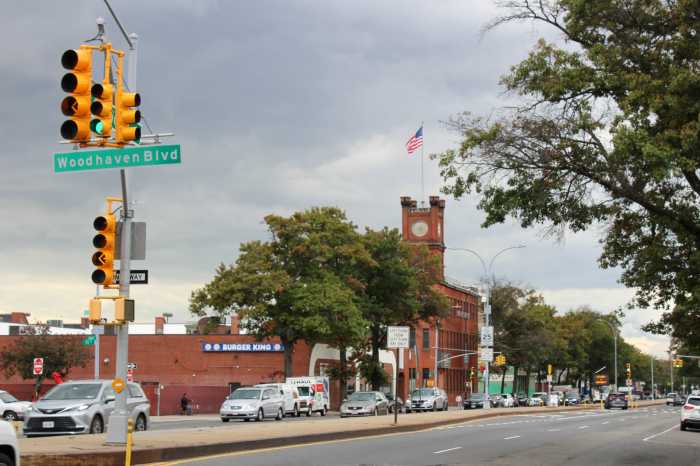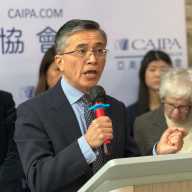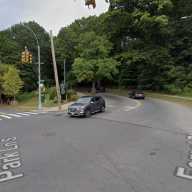Election Day is here and Queens voters will be heading to the polls throughout the day. Don’t be surprised when you get to your polling machine — here’s all you need to know before you go.
When and where to vote
Vote from 6 a.m. to 9 p.m. Hours vary and can be found on vote.nyc. Find your local polling station at nyc.pollsitelocator.com.
One big citywide race
Democratic Public Advocate Jumaane D. Williams (who won a special election against 16 other candidates in February), will be running against Republican City Councilman Joseph C. Borelli, and Libertarian Devin Balkind for public advocate.
District attorney races
The only other major competitive race in the city happens in Queens, as the borough will elect its first new district attorney in nearly three decades. Borough President Melinda Katz, the Democratic nominee who narrowly defeated Tiffany Cában in an extremely close primary that ended in a recount, is expected to defeat the Republican nominee, attorney Joe Murray.
All rise
Each borough will feature a slate of races for various Civil, Surrogate and state Supreme Court seats. In some of the contests, voters will be required to pick multiple candidates from an entire slate. Click here to see which judicial candidates are on the ballot in your borough.
The Proposals
Question 1 (Elections) includes a proposal to establish ranked-choice voting for primary and special elections in the city.
Question 2 contains five proposals concerning the city’s Civilian Complaint Review Board (CCRB), including proposals to provide for a minimum budget for the CCRB based on the number of NYPD officers, allow the Public Advocate to appoint one CCRB member, and authorize the city council to appoint members without confirmation from the mayor.
Question 3 would prohibit city elected officials and senior city officials from serving as lobbyists for a minimum of two years, and would change the appointment of members of the Conflict of Interests Board.
Question 4 includes a provision to set minimum public advocate and borough president budgets.
Finally, Question 5 would change the Uniform Land Use Review Process (ULURP) to mandate more advanced notification about development plans to borough presidents and local community boards, and increase the time requirement for community boards to consider and render recommendations for or against a project.
For full proposals and more information, visit ballotpedia.org
With reporting by Robert Pozarycki

